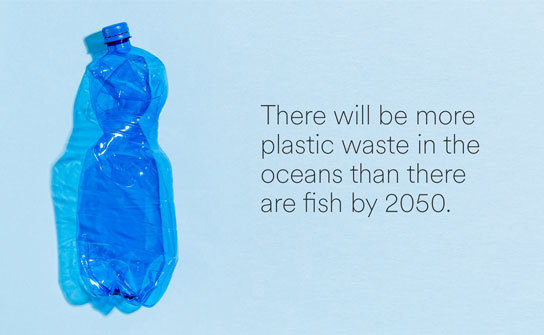 August-15-2023
August-15-2023
View: 13

Research and technologies exist to help make a more environmentally responsible company a reality.
Key concepts for businesses to keep in mind in 2023.
1. Governments are setting tougher targets for recycling and diversion goals.
As landfills stack up and residents are becoming more environmentally active, city and state governments are enacting stricter recycling laws. San Diego, Washington DC, Phoenix, New York, Seattle, Boise and many others are exploring or have already put new laws in place to drive a reduced waste mindset.
The Business Takeaway: Keep up with local policy. As regulations change, companies and individuals will need to adapt their waste and disposal methods.
2. The recycling industry is still adapting to China’s ‘National Sword’ policy.
In early 2018, China banned the import of some plastics and other materials headed for that nation’s recycling processors – creating a backlog of recyclable goods across the globe1 , and leading to countries landfilling recyclables. Though there has been a rise in technology and other tactics to increase cleaner recycling streams, it remains to be seen if the US will rise to the occasion and adapt.
The Business Takeaway: The Business Takeaway: Residential recycling service costs hit $6.85 per month per household due to repercussions from National Sword – up 11% over 2018 costs2 . Commercial and residential recycling costs will continue to rise as countries figure out new ways to handle additional recycling processes.
3. The United States is doing better at recycling… but there’s room to improve.
Back in 1960, only 7% of US waste was recycled or diverted – today, that number is almost 35%3 , a 5x increase! Education is still a necessity as recyclables in the waste stream are highly contaminated. Yet, each American still generates 4.9 pounds3 of waste a day on average– and it’s growing each year. The US has a long way to go towards achieving a net zero impact.
4. When it comes to recycling, not all products are created equal.
Reusing or donating a car can save 8,811 lbs. of CO2 greenhouse emissions4 (compared to building a new one). Correctly reusing a refrigerator can eliminate 566 lbs. of CO2 greenhouse gases – and both are notoriously hard to recycle. Yet, recycling a ton of plastic bottles can save 3,380 lbs. of C02 emissions4 – and are tricky to traditionally reuse. Correctly understanding environmental impacts and methods for recycling products vs. reusing is critically important.
The Business Takeaway: Based on the product, reuse or donation should be considered before traditional recycling or disposal.
5. People want sustainability – and they’re willing to make changes to get it.
Consumers are shifting to eco-friendly and virtue-based brands – evident by the likes of sustainably sourced goods, plant based foods, and repurposed products. Method soaps, Rothy’s shoes, and Beyond Meat are all perfect examples. Additionally, employees want to work with companies that are environmentally conscious, and companies are responding5. Today, nearly 3,500 Certified B Corporations exist in the world6, double the volume from three years ago.
The Business Takeaway: The trade-off between sustainability and profitability no longer exists, sustainable business practices are emerging as market leaders adopt criteria, such as ESG.